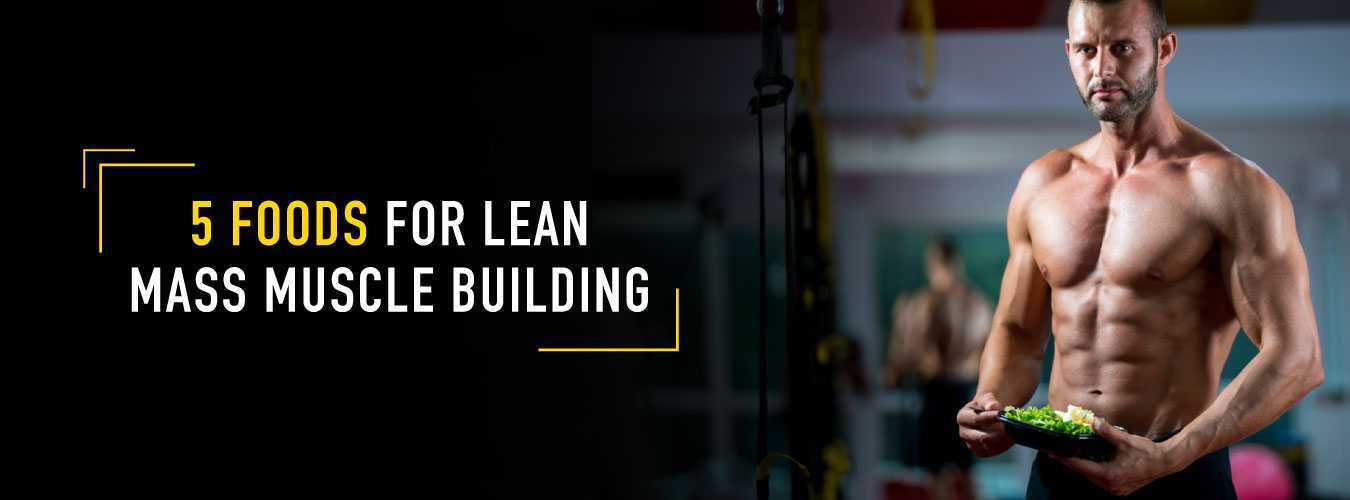health
Demystifying Protein Supplements: A Beginner’s Guide
Introduction
Embarking on a fitness journey often involves navigating a sea of information, and one topic that frequently surfaces is the world of protein supplements. In this beginner’s guide, we’ll unravel the mysteries surrounding protein supplements, shedding light on their basics, types, and crucial role in fitness.
Understanding the Basics
What are Protein Supplements?
Protein supplements are concentrated sources of protein, a vital macronutrient crucial for muscle growth, repair, and overall body function. They come in various forms, each with unique characteristics catering to diverse fitness needs.
Importance of Protein in Fitness
Proteins serve as the building blocks of muscles, making them indispensable for anyone engaged in physical activities. Beyond muscle development, proteins aid in immune function, hormone production, and maintaining healthy skin and hair.
Types of Protein Supplements
Whey Protein
Derived from milk, whey protein is a fast-digesting and complete protein source. It is ideal for post-workout recovery and muscle building.
Casein Protein
Also milk-derived, casein protein digests slowly, providing a sustained release of amino acids. It’s suitable for prolonged periods without food, such as before bedtime.
Plant-Based Proteins
Catering to vegetarians and vegans, plant-based proteins like pea, hemp, and soy offer alternative sources with comparable benefits.
Choosing the Right Supplement
Consider Your Goals
Select a protein supplement aligned with your fitness objectives. Whey may be optimal for muscle gain, while plant-based options suit those prioritizing ethical or dietary preferences.
Read Labels
Ensure your chosen supplement meets quality standards. Look for minimal additives and a high protein-to-calorie ratio.
Making the Most of Protein Supplements
Timing Matters
To maximize benefits, consume protein supplements strategically. Post-workout shakes aid recovery, while spreading intake throughout the day maintains a steady amino acid supply.
Balanced Diet
Remember, supplements complement a balanced diet. They should not replace whole food sources of protein, such as lean meats, eggs, and legumes.
Frequently Asked Questions
Q1: Can I Use Protein Supplements for Weight Loss?
A: Yes, protein supplements can support weight loss by promoting satiety and preserving lean muscle mass.
Q2: Are There Any Side Effects?
A: When used as directed, protein supplements are generally safe. However, excessive intake may lead to digestive discomfort.
Q3: Can protein supplements replace whole foods?
A: No, they’re partners in crime. While supplements offer convenience, whole foods bring a variety of nutrients. It’s about balance.
Q4: Is whey or plant-based protein better for muscle gain?
A: It depends on your preferences. Both can be muscle-building powerhouses. Choose what suits your taste and values.
Q5: Are protein supplements safe for long-term use?
A: Generally, yes. Following recommended guidelines ensures safety. Consult a pro if you’re unsure.
Q6: Can protein supplements aid in weight loss?
A: Yes, indeed. Protein boosts satiety, helping control appetite and support weight loss goals.
Q7: Do protein supplements have side effects?
A: Minimal when used wisely. Excessive intake may cause digestive discomfort. Stick to recommended servings for a smooth ride.
In your fitness journey, knowledge is your best ally. Keep these insights close, choose your protein sidekick wisely, and let the gains begin!




